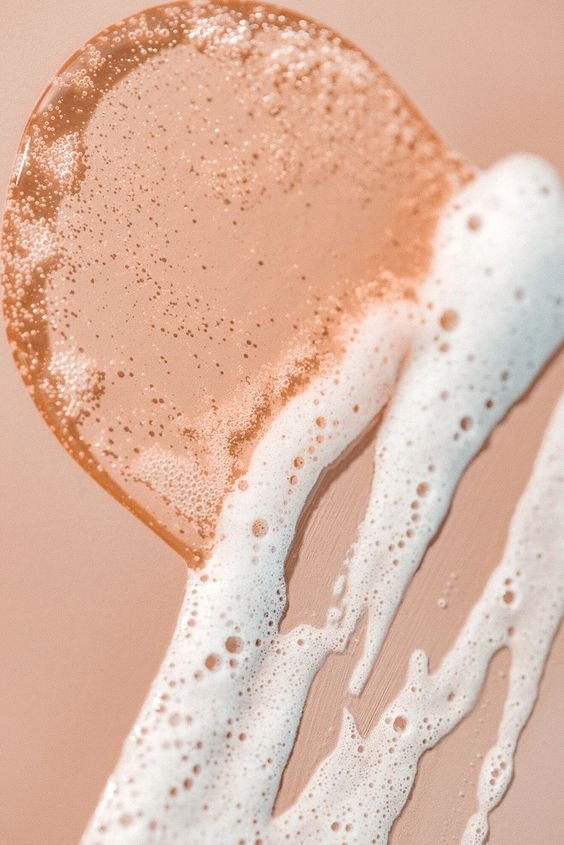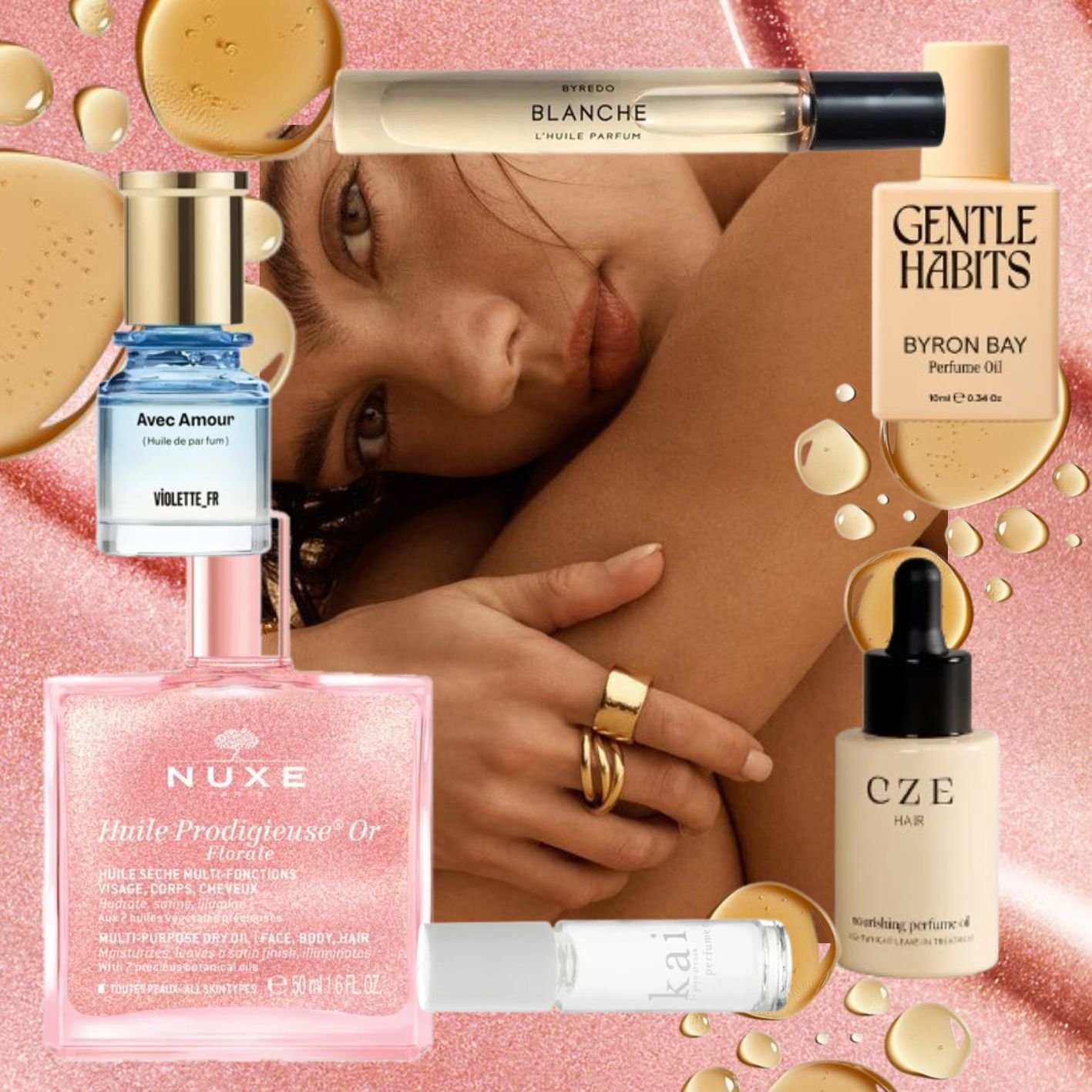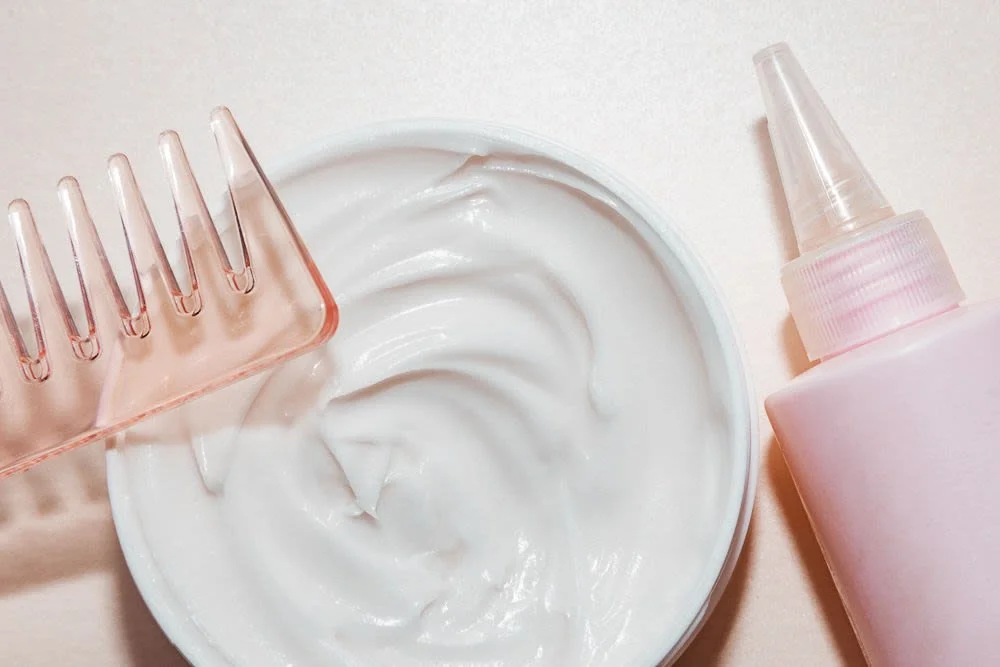The beauty industry constantly strives to be more sustainable and transparent regarding ingredients. But, with the latest announcement from the Environmental Protection Authority (EPA) to ban polyfluoroalkyl substances (PFAS) in cosmetic products and Aotearoa being one of the first countries in the world to take this step, the news could not be better for us and the environment. Read on to learn more, says editor Trudi Brewer.

Image Instagram
From December 31, 2026, PFAS, dubbed ‘Forever Chemicals,’ will be on the no-go list for cosmetic formulations, enforced by the Environmental Protection Authority (EPA). A ban made to protect consumers and the environment, PFAS are sometimes used in nail polish, shaving cream, foundation, lipstick, and mascara. PFAS are not found in nature and were first created in the 1950s to help make products resistant to water, grease, or heat; they also smooth the skin or make cosmetic products more durable and spreadable. And it’s not just cosmetics that use PFAS. They’re used in various products, from non-stick pans to stain-resistant carpets, grease-proof fast food wrappers, and even waterproof jackets. “We know these chemicals don’t easily break down; they can build up in our bodies, and some can be toxic at high levels,” says Dr Shaun Presow, Hazardous Substances Reassessments Manager. “International research suggests PFAS are only found in a few products, but we take a precautionary approach to potential risks from PFAS. Banning these chemicals in cosmetics is part of our ongoing response, which includes phasing out all PFAS-firefighting foams and testing for background levels of PFAS in the New Zealand environment.” The decision on PFAS is one of several updates made to the Cosmetic Products Group Standard to ensure cosmetic products are safe and the rules better align with international developments. “We’ve also strengthened the regulations so non-hazardous cosmetic products that contain a hazardous ingredient are now regulated,” says Dr Presow. “This makes it easier for us to enforce the rules around banned and restricted ingredients that may be found in these products.” The EPA publicly consulted on the rule changes in 2023 and received 20 submissions, including 14 from the cosmetics industry. “The feedback from our consultation was particularly important for us to better understand how widespread PFAS use is in cosmetics, and was supportive of the changes,” says Dr Presow. “We will continue to engage with industry to manage the transition before PFAS are banned and the other changes take effect.”



















The latest fashion trend.